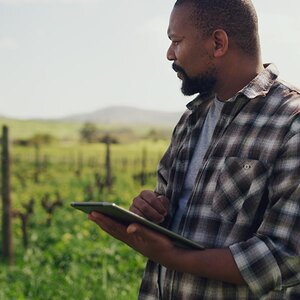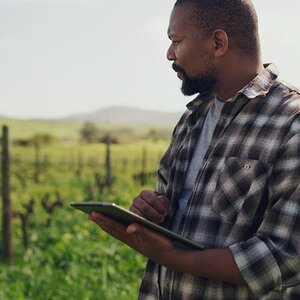Gates Agricultural Innovations awards $35 million for crop research

Bill & Melinda Gates Agricultural Innovations (Gates Ag One) has announced a five-year, $35 million (£28 million) commitment to a Cambridge University-led project to develop self-fertilizing crops for African farmers.
The Engineering Nitrogen Symbiosis for Africa (ENSA) research program will focus on improving nutrient uptake by food plants to reduce the need for fertilizer across some of the world’s most degraded land. ENSA’s work optimizes the interactions between crops and microorganisms to make better use of nutrients already present in the air and soil, including nitrogen and phosphorus. Developing crops with greater ability to take in nutrients through natural processes would automatically increase yields without the need for fertilizer.
According to the United Nations, as much as 65 percent of productive land in Africa is considered degraded, which means crop yields are only around a third of the global average. Fertilizer is often a costly and inaccessible resource for many smallholder farmers in Africa, which accounts for just 4 percent of global fertilizer consumption and relies heavily on exports from Russia; the ongoing war in Ukraine has driven up prices by as much as 150 percent. Developing crops with greater ability to take in nutrients through natural processes would therefore automatically increase yields without the need for fertilizer.
“The pioneering work of ENSA is fundamental to levelling the playing field for smallholder farmers in Africa, leveraging the latest crop technology to ensure all communities have the chance to thrive,” said Gates Ag One CEO Joe Cornelius. “Breakthrough advances in crop science and innovation mean intractable challenges like nutrient uptake and soil health need not hold back agricultural development. We’re delighted that Gates Ag One can support ENSA to continue its work to meet the needs of smallholder farmers.”
(Photo credit: Getty Images/People Images)






